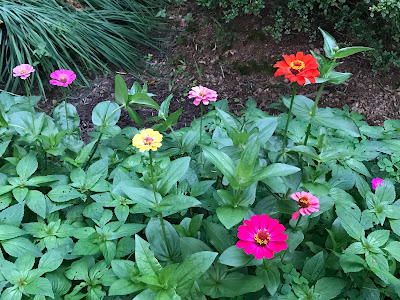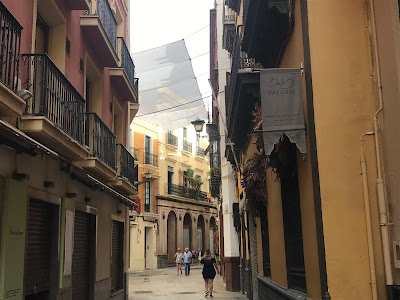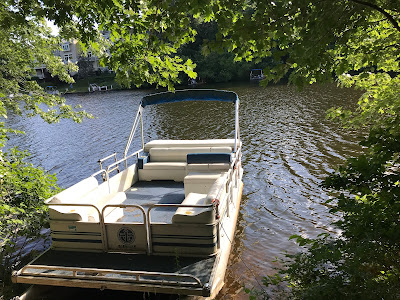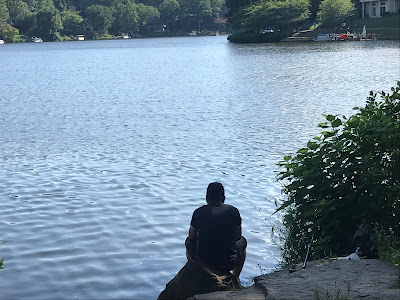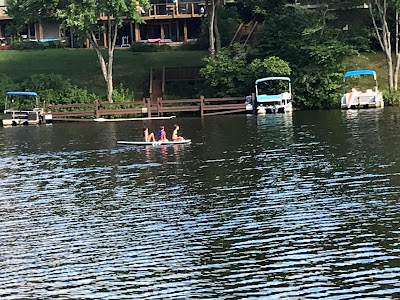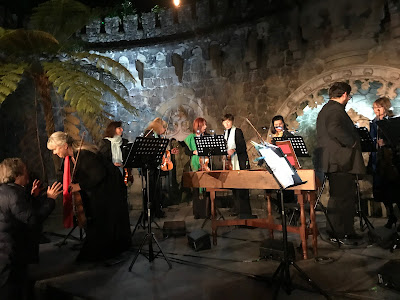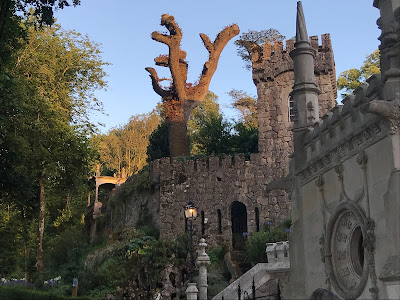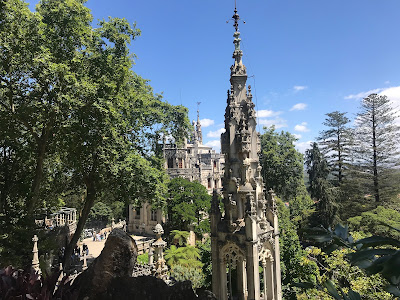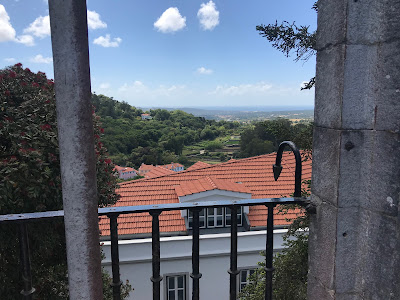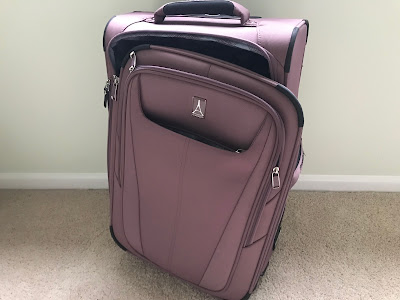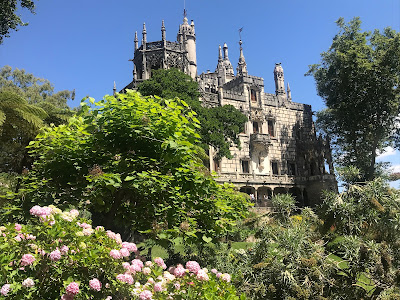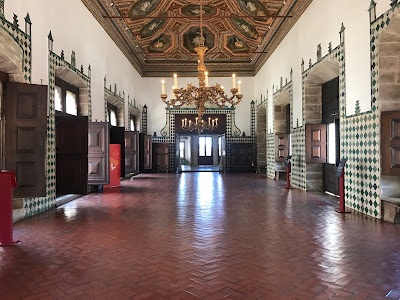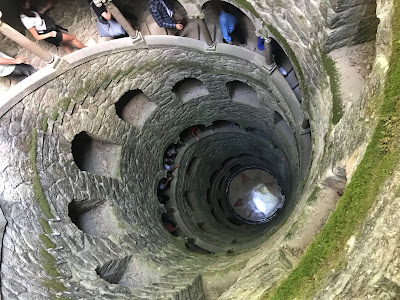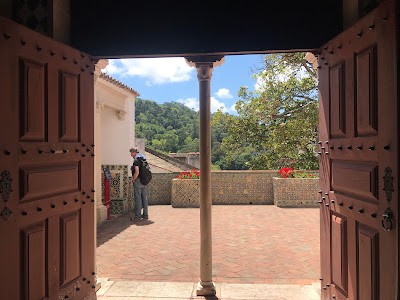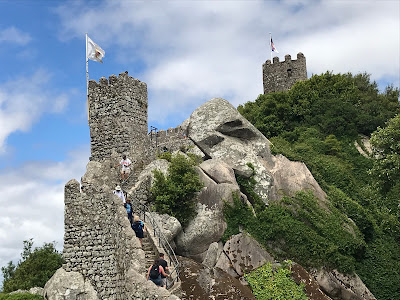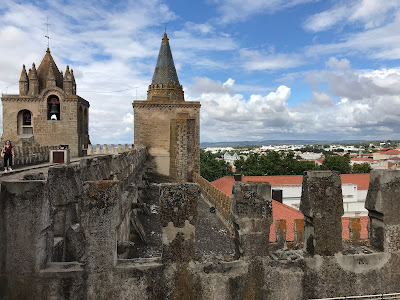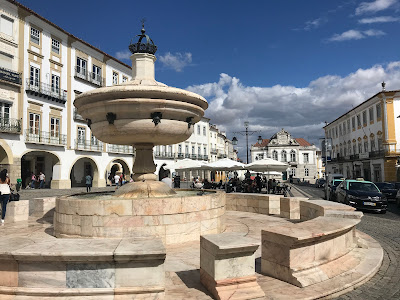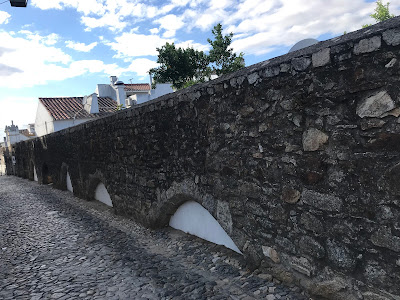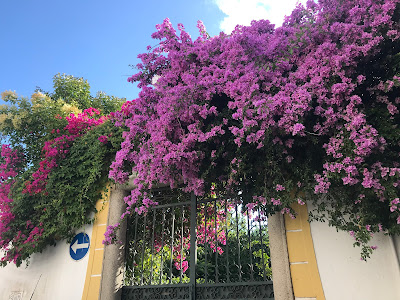Happy Flower
Zinnias have long been on my list of must-grow flowers, but previous attempts to coax them from seed have come to naught.
But this year, thanks to careful planting (not by me!) and well-timed rain, we are enjoying these bright, cheerful blossoms.
I’m not sure what they say in the official language of flowers, but to me, zinnias are the frank and friendly kid sister. They lack the creamy beauty of the rose, the showy splendor of the iris and the delicacy of the forget-me-nots.
But they more than make up for those in their color, durability and their winning personality. Zinnias are the happy flower.
